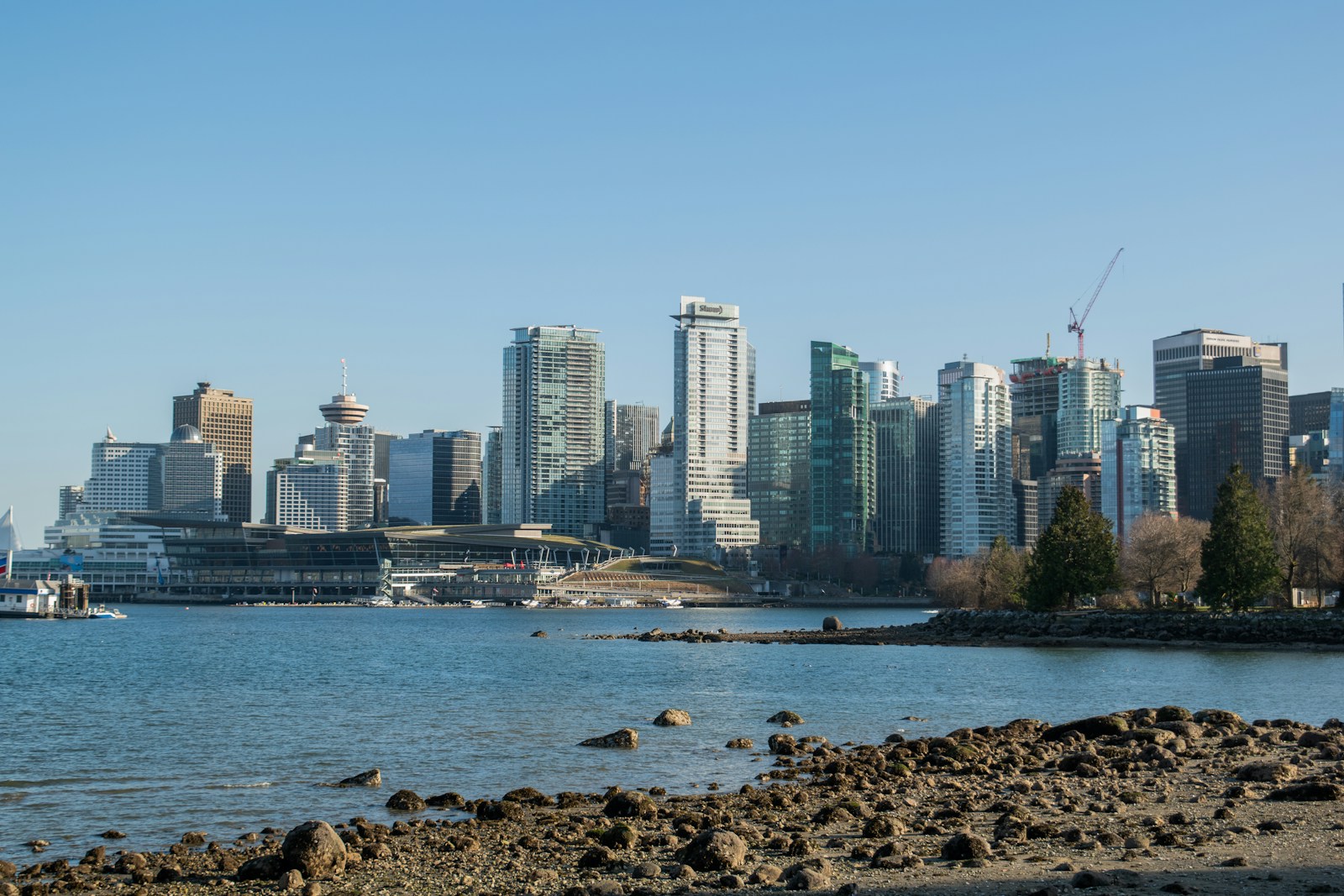Most people see a new bridge and think about shorter commutes. I see it as a data point — one that tells a clear story about where Metro Vancouver is heading, and where long-term value is being built.
Infrastructure Doesn't Lie
I grew up on a farm. You learn quickly that you don't invest in infrastructure without a plan. You don't build a new barn unless you intend to grow. The same logic applies here.
The original Pattullo Bridge opened in 1937 during the Great Depression. For almost 90 years, it was the lifeline between Surrey and New Westminster — narrow lanes, no pedestrian separation, and all the structural anxiety that comes with a bridge approaching its centennial.
Now it's being replaced. And when a region commits hundreds of millions of dollars to rebuild a critical Fraser River crossing, that's not maintenance. That's a bet on the future.
The truth is: governments and developers don't make infrastructure investments in areas they expect to decline. They invest where the data points to growth.
What the New Bridge Actually Delivers
Let's be direct about what's changing on the ground:
Wider lanes built to modern safety standards
Dedicated walking and cycling paths
Improved seismic resilience
Better traffic flow and safer entry/exit ramps
It's not sexy, but it's significant. This is the kind of unglamorous, foundational work that makes a region more livable, more commutable, and more investable over a 20–30 year horizon.
For anyone thinking about moving to Metro Vancouver, these upgrades shape daily life more than most people realize.
Surrey and New Westminster: The Long-Term Play
Surrey is already one of BC's fastest-growing municipalities. New Westminster is densifying and evolving. These aren't emerging markets — they're established markets getting stronger infrastructure support.
At the end of the day, this bridge reinforces what the data has been telling us for years: Metro Vancouver doesn't function as isolated cities. It operates as a connected network. And in a network, the nodes that get the most connectivity upgrades tend to appreciate in value.
For buyers and investors, that's the play. Not chasing hype. Identifying where the system is being reinforced — and positioning yourself before the market fully prices it in.
Why Connectivity Should Be on Every Buyer's Checklist
Most buyers focus on the obvious variables: price, square footage, school district, proximity to parks. All valid. But experienced investors also look at regional connectivity — the bridges, transit lines, and road networks that quietly dictate long-term demand.
Here's why it matters:
Connectivity drives commutability, and commutability drives demand
Infrastructure upgrades signal long-term regional investment confidence
Improved access makes previously overlooked areas more desirable
In a constrained geography like Metro Vancouver, smarter infrastructure replaces outward sprawl
Metro Vancouver is hemmed in by water and mountains. Growth has to go up and inward — not outward. Projects like the Pattullo replacement are what make that sustainable. Understanding how Metro Vancouver is structured geographically changes how you evaluate opportunity.
The Buy-and-Hold Lens on Infrastructure
I apply a buy-and-hold mentality to everything — real estate, business, and how I evaluate markets. That means I'm not looking at what a neighbourhood does this quarter. I'm asking: what does this area look like in five, ten, twenty years?
The Pattullo Bridge replacement is a 20-year asset. It will influence commuting patterns, development decisions, and property values for decades. If your investment horizon is shorter than that, maybe you're not thinking long enough.
It's not easy to stay disciplined in a market full of noise. But the process is straightforward: identify where infrastructure investment is going, understand what that means for connectivity and demand, and position yourself strategically — not reactively.
That starts with knowing how different Metro Vancouver neighbourhoods are evolving before the broader market catches up.
The Bottom Line
A new bridge is more than steel and concrete. It's a signal. It tells you that a region believes in its own future — enough to commit serious capital to connecting its communities.
If you're evaluating where to buy or invest in Metro Vancouver, infrastructure projects belong on your radar. Not because they generate overnight returns — they don't. But because over a five-year or ten-year hold, they quietly compound the value of being in the right place.
Roland Kym brings nearly two decades of experience in the Vancouver real-estate market to his work at Move to Vancouver Canada. Having completed over 1,000 transactions, Roland has developed a streamlined system dedicated to helping professionals, families and international buyers relocate smoothly and confidently.
He knows the region inside and out—from neighbourhoods and school zones to market trends and cross-border considerations. His approach is not about selling dreams, but delivering results. On this blog he draws on his real-world relocation expertise to give you clear, actionable guidance so you can make Vancouver your next home without the guesswork.










